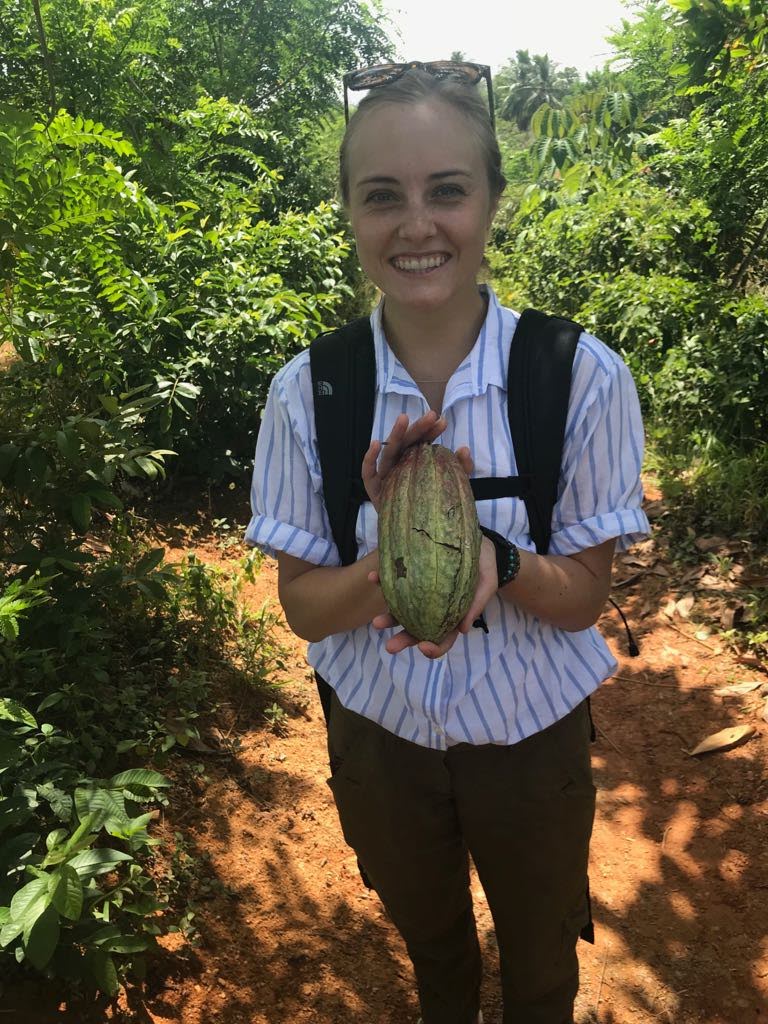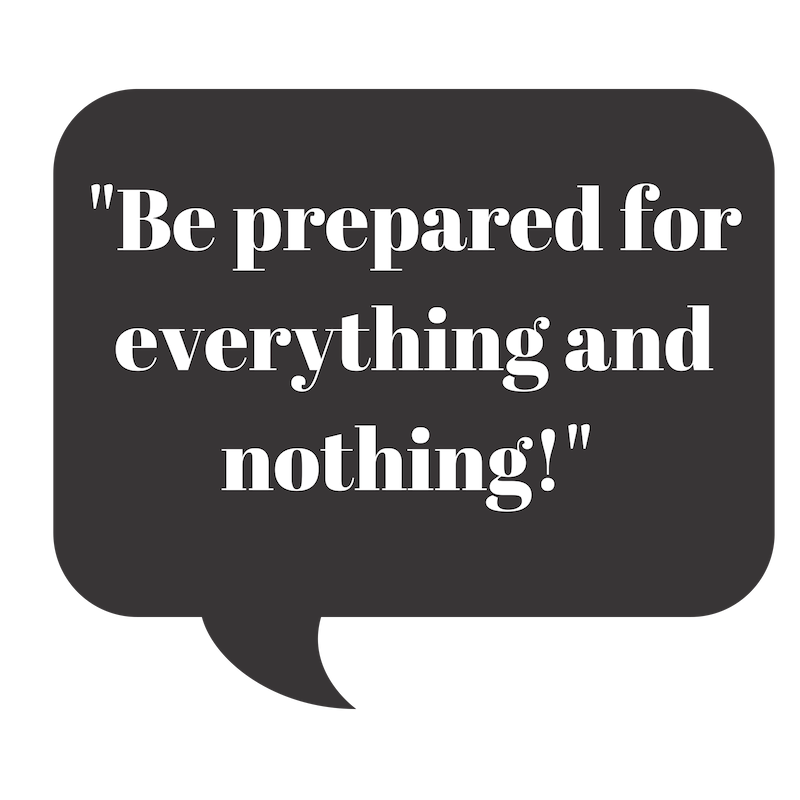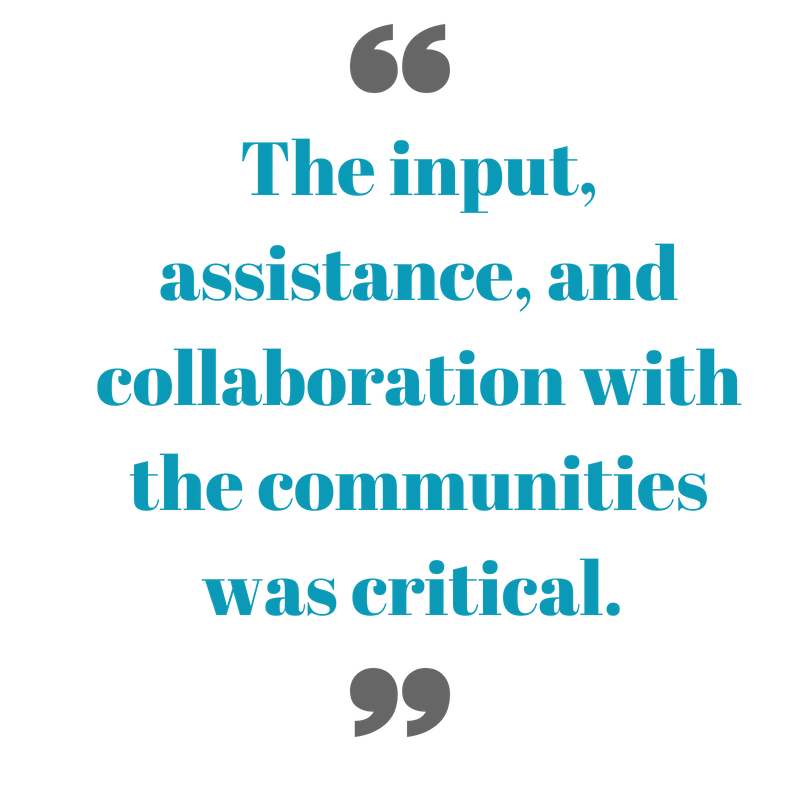This piece is part of a five part series of Student Spotlights highlighting the applied practice experience of four students in the Dominican Republic during the Summer of 2018. The other four parts of the series include an interview by Elizabeth Stanczyk and experience reflections from Shelby Panttaja, Elizabeth Stanczyk, and Hannah McNamee. #UMNMCH student Keelin Roche (MPH ‘19) wrote this reflection on the literature review the students performed to define “Women Empowerment” and better understand the communities they served.

About the Project
My journey into public health began with global health, and it has remained there throughout the MCH MPH Program. I have spent time working in the health care systems of Spain, Panama, and Nicaragua, and it was my time in Nicaragua, working at a women and children’s clinic, that I made the decision to pursue public health. Upon returning to the University of Minnesota, where I also received my undergraduate degree, I sought out faculty from the global health department, including Dr. Zobeida Bonilla. Thanks to her and Shelby Panttaja, a fellow MCHer, the project with the Batey Relief Alliance (BRA) was born, and I felt excited to take further steps working in global health. I was ecstatic to work in the Dominican Republic with an incredible and diverse team. Our time there was enlightening, affirming, and most of all – hard work. As student evaluators, our job was to create and conduct an evaluation and monitoring program and tool for BRA’s Women’s Empowerment Initiative (WEI). We spent time focusing on the various aspects of implementing a complex system in a short amount of time, and thankfully, we were all able to pull from our strengths and differing courses we had taken thus far in the program. A main priority throughout the entirety of the project was the completion of a literature review, which we began as soon as possible, and watched it develop throughout the journey.
Months prior to departure, we met various times to prepare for the upcoming trip and work. In order to make the best use of our time in the Dominican Republic, we began to construct our literature review early on, focusing this portion of our preparation on better understanding the definition of “Empowerment,” how to measure it, how this pertains to women, what other similar research is out there, and what other variables can be used to understand the level of community empowerment. We learned quickly that our perception of “Women Empowerment” in the U.S. varies greatly from other cultures, including in the Dominican Republic. Thankfully, this background information was extremely useful upon arrival.
My Role

Having prepared as much as one can, upon arrival we quickly realized what many experienced global health workers advised us about: “Be prepared for everything and nothing!” – and boy, were they right! This proved to be one of the major challenges we experienced during our time as there were some unexpected delays, resulting in just-in-time modifications to the plans, the project, and the staff we worked with. Though it was difficult, it was important to be responsive to community needs, so we tapped into our adaptive skills and continued forward with our work. The literature review morphed throughout the weeks that we were in the Dominican Republic thanks to the many conversations we held with BRA workers, WEI participants, and community members alike. The conversations, long lunch talks, and breaks spent learning the culture (like how to Bachata) are among some of the memories I hold dearest. We discussed challenges, hopes, and ideas of development with locals, and listened intently, which is another invaluable skill our team achieved—cultural humility and active listening.

We pursued a more in-depth literature review research surrounding Dominican Republic history and government, Batey history, and already established and tested scales and questionnaires for “Empowerment” indicators, including: food security, social support, sexual health history, and open-ended qualitative interview questions regarding citizen’s thoughts and feelings towards their community. Using this information, we developed models to work with the evaluation and monitoring tools based and pre- and pilot-tested the survey with the help of the community members and community health workers. Some of the results were shocking for our group, such as the prevalence of food insecurity, and it was clear to us how we needed to shift the system to ascertain the best possible indicators of Empowerment for the initiative’s success. The input, assistance, and collaboration with the communities was critical to finalize the survey. Without their help, the tool would not be nearly as accessible, comprehensive, and useful for the BRA team.
I feel extremely grateful for having completed my field experience in the Dominican Republic with an incredibly brilliant team, and we are eager to see how the tool and Women Empowerment Initiative develop with the students that carry on the project from here. Global health experience is crucial for public health workers: at times, we can get caught up in what we’re studying and learning (the numbers, the relative risk, incidence rates, and statistical significance). We can forget the stories and faces behind the numbers, and I think working in global health allows us to break into that, to better understand the social and behavioral side of the statistics, and practice cultural humility, whether we are working domestically or internationally.
Goals and Future Opportunities
 Personally, I came in to the MCH Program knowing that global health was an important part of my viewpoint, and having had the ability to feature that as part of my training is very meaningful. It has influenced the path I am following for my culminating experience and post-graduate job search, and I am grateful that I was able to combine direct global health work experience and skills-based coursework. I look forward to harnessing that passion as I move in to the public health workforce.
Personally, I came in to the MCH Program knowing that global health was an important part of my viewpoint, and having had the ability to feature that as part of my training is very meaningful. It has influenced the path I am following for my culminating experience and post-graduate job search, and I am grateful that I was able to combine direct global health work experience and skills-based coursework. I look forward to harnessing that passion as I move in to the public health workforce.
Keelin Roche is a second year MCH student at the UMN. She completed her undergraduate career at the UMN focussing on Complementary Medicine, Spanish, and Public Health. Before starting the MCH Program, Keelin spent four months in Nicaragua working for Foundation of International Medical Relief of Children.
Read Student Spotlight Archives
Interested in learning more about getting a degree in Maternal and Child Health? Visit our MCH Program page for more information.
#UMNMCH #UMNProud #UMNDriven